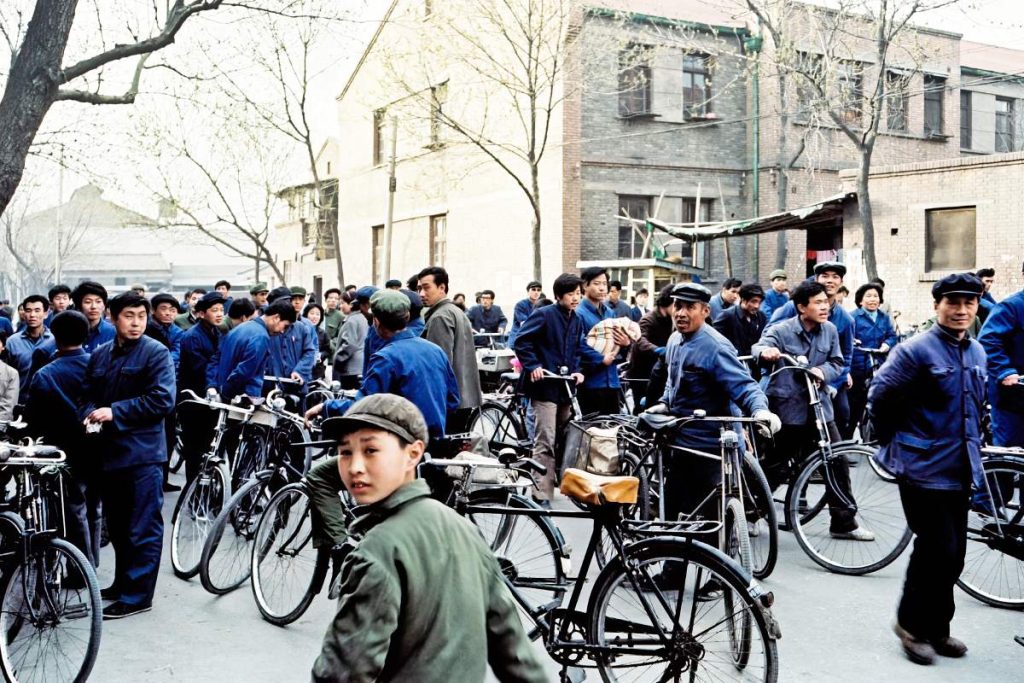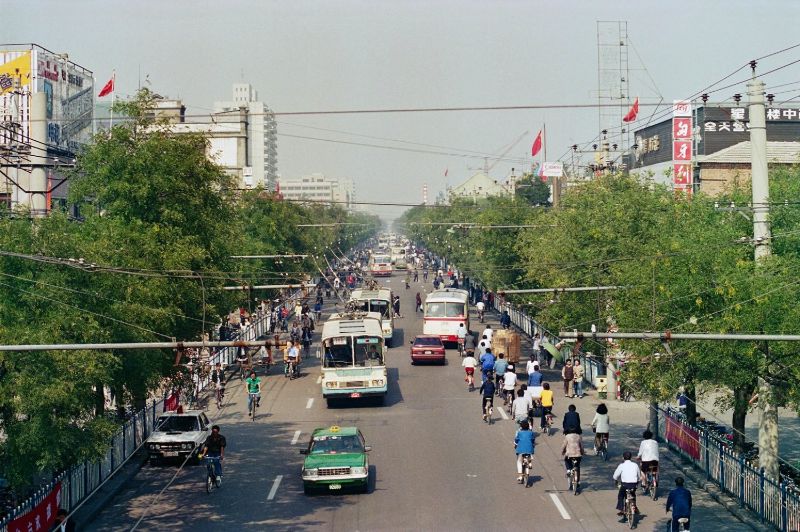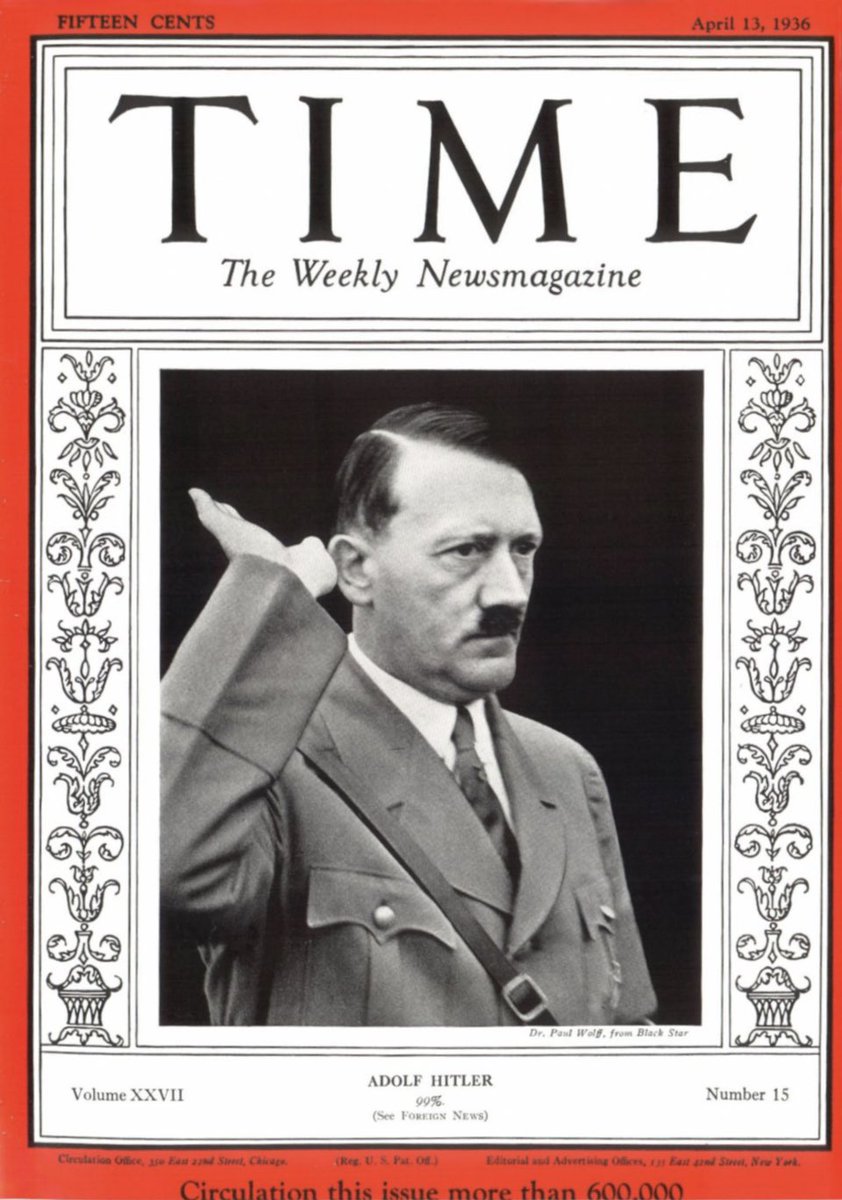American copium regarding China has evolved over the years.
From “China is poor” to “China IS collapsing” to now “China is rich but WILL collapse.”
Here’s a quick debunking about the demographic crisis, one of the alleged reasons for future collapse:
From “China is poor” to “China IS collapsing” to now “China is rich but WILL collapse.”
Here’s a quick debunking about the demographic crisis, one of the alleged reasons for future collapse:

1. A smaller population will be a blessing in the coming years. A lot of people still don't understand the coming revolution of AI and robots.
Like this autonomous taxi, for example.
Like this autonomous taxi, for example.
2. If there are jobs that cannot be done by robots, there are two options:
A. Offshore those jobs to other developing nations. This will also mean higher profit margins for Chinese companies.
B. Bring in immigrants -- perhaps even on a short-term basis.
A. Offshore those jobs to other developing nations. This will also mean higher profit margins for Chinese companies.
B. Bring in immigrants -- perhaps even on a short-term basis.
3. Create incentives for Chinese people to have more children. The main obstacles now are financial -- young people not being able to afford to buy homes, spend a lot of money on kids' tuition etc.
These are more easily solved in China than anywhere else. (Next tweet)
These are more easily solved in China than anywhere else. (Next tweet)
3 (contd). For example, the gov can provide free/subsidized housing for young couples with children.
And free/subsidized childcare.
Protecting jobs of young moms, providing long maternity leave etc.
And free/subsidized childcare.
Protecting jobs of young moms, providing long maternity leave etc.
3 (contd). China is innovating a lot in community services for retired people. The same can be done for childcare and for young parents.
Some videos of robots doing clever things in China:
Robot making crepe in Beijing. And it works 24 hours a day!
Robot making crepe in Beijing. And it works 24 hours a day!
Robots and hi-tech machines making solar panels in Xinjiang, China.
#AI #automation #factory #manufacturing
#AI #automation #factory #manufacturing
Driverless trucks delivering anything from KFC and medicine to parcels!
#AI #AutonomousVehicles #China
#AI #AutonomousVehicles #China
And, of course, automation in advanced manufacturing like for automobiles. Here's Tesla's Shanghai Gigafactory.
#China #tech #robots #AI #factory
#China #tech #robots #AI #factory
Bottom line: Technocrats in Beijing are good in math and science. They know how many jobs need to be created, how many jobs need to be automated, how many children need to be born etc.
China will create the right policies for the future. They know what it’s at stake.
End 🧵
China will create the right policies for the future. They know what it’s at stake.
End 🧵
One more: Smart farming with driverless trucks that are also electric and 5G-enabled!
#AI #AutonomousVehicles #EV #China #tech
#AI #AutonomousVehicles #EV #China #tech
• • •
Missing some Tweet in this thread? You can try to
force a refresh






















